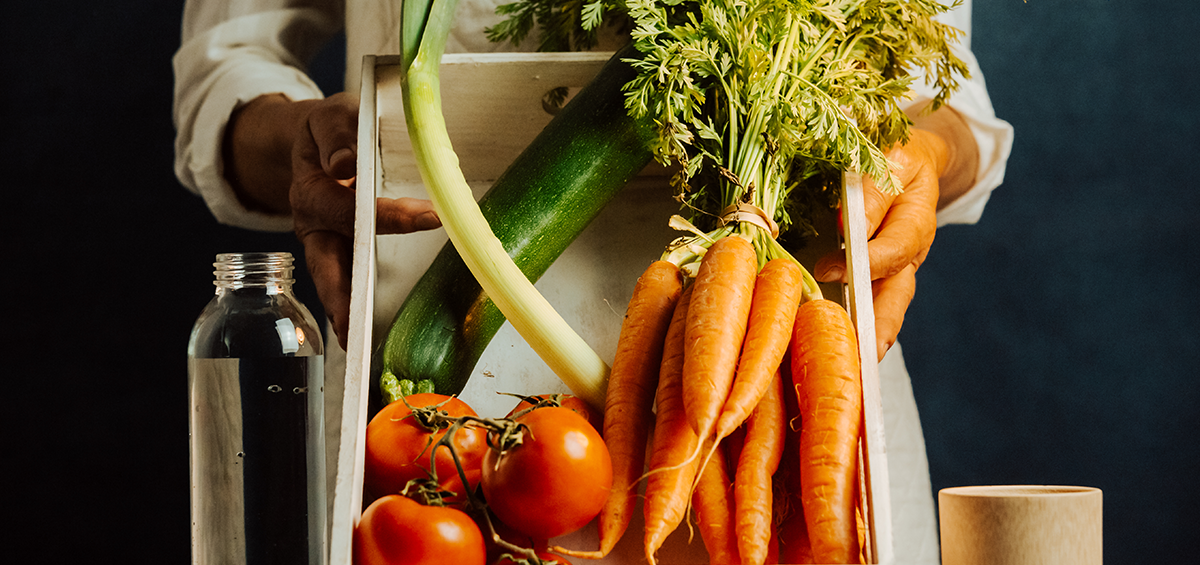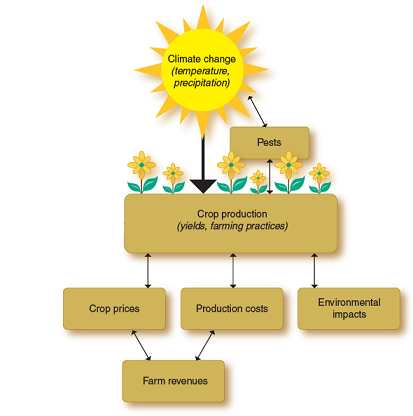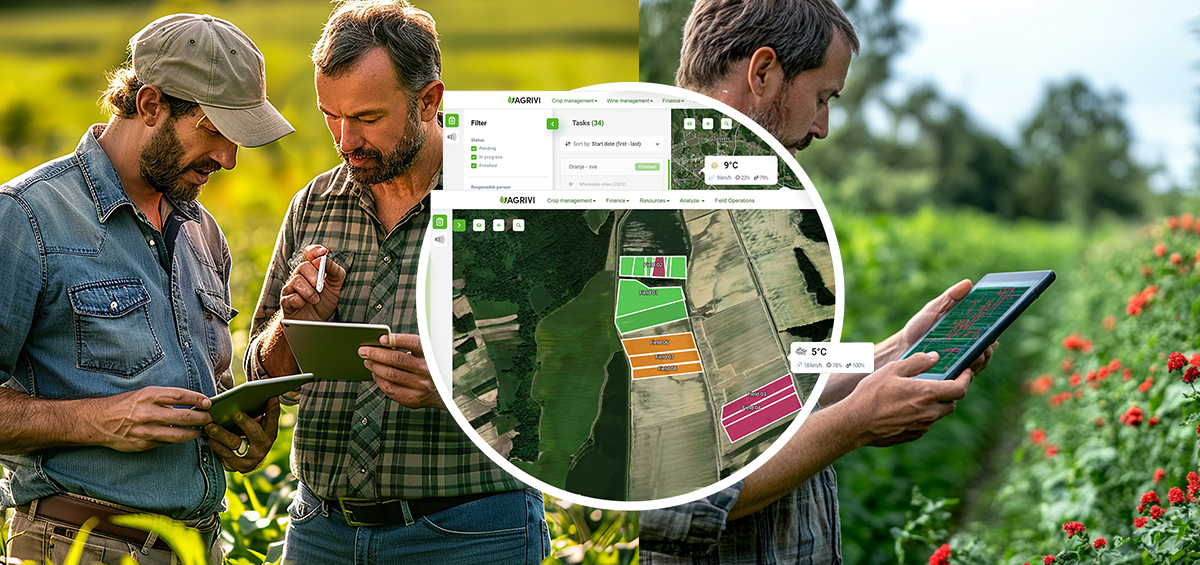On October 16th, we celebrate World Food Day. It is a day of action against hunger, which is one of the biggest global challenges. Since we expect that global population will reach 9.6 billion by 2050, we need to act now. Our global goal is to achieve Zero Hunger by 2030. This is because, food is the basic human need and without addressing climate change, we cannot produce sufficient quantities to reach that goal. Since climate change is a fundamental threat to global food security, this year’s theme of World Food Day is “Climate is changing. Food and agriculture must too.”
Farming is highly dependent on climate and it directly suffers from the negative impact of climate change on the natural resources that are necessary for crop production. To meet the demands of a growing world population and climate change, farmers will have to produce more food in the same area of land. The Food and Agricultural Organization (FAO) predicts that food production must rise by about 60% by 2050 to feed an ever growing population. The following graph shows global population growth by 2050.
World population 1965-2050
Not only is farming directly dependent on climatic conditions, it is also a significant contributor to climate change. Therefore, a sustainable approach to farming is essential. Good farming practices that include proper soil and forestry management can lead to the natural absorption of carbon dioxide, thus decreasing greenhouse gas emissions. How climate change affects crop production is illustrated on the picture below.
Climate change’s impact on farming
Warmer air temperatures and extreme weather events like droughts and floods affect not only the length and the quality of the farming season but also the yield. Temperature changes also affect the proliferation and the spreading of insects, invasive weeds, and diseases, thus affecting farm productivity.
Considering all of these factors, climate change is a challenge that must be addressed in order to continue the fight against hunger. Every farmer should accept the responsibility for sustainable food production that could meet global population and climate change demands.
What Can You Do?
Everyone has a role to play in mitigating the effects of climate change. Countries need to invest in smallholder farmers and sustainably increase food production. However, there are several actions that you can take to help. By being conscientious and ethical consumers and by changing simple day-to-day decisions, for example, by wasting less food, or eating less meat and more nutritious pulses, we can reduce our environmental footprint and make a difference.
Text sources: FAO || European Environment Agency
Image sources: Agricultural Marketing Resource Center || United States Department of Agriculture






